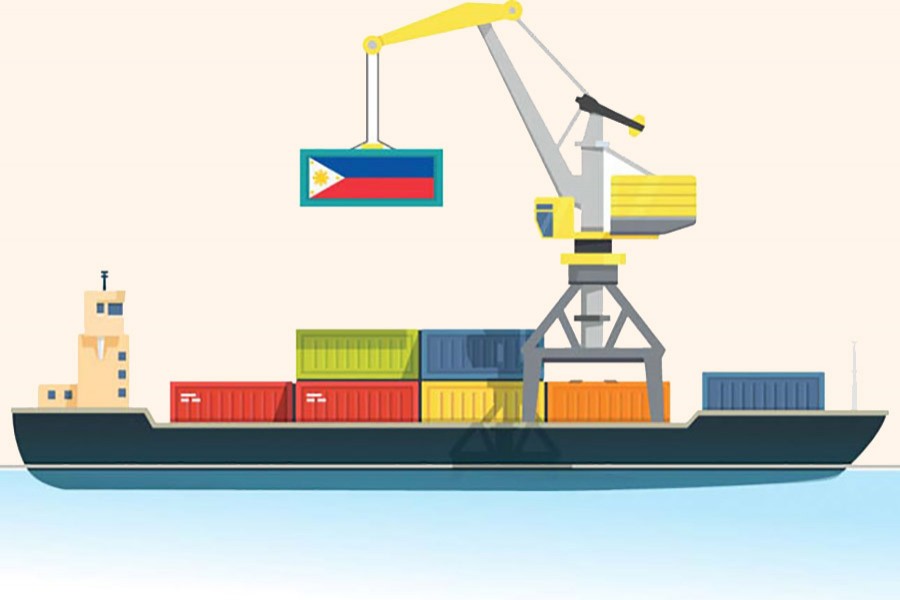The Philippines' total external trade in goods in October declined by 6.7 per cent, amounting to 15.89 billion US dollars from the $17.03 billion external trade in the same month of 2018, the PSA) has said.
Of the total external trade, the Philippine Statistics Authority (PSA) said on Tuesday that $6.32 billion or 39.8 per cent were exported goods and $9.57 billion or 60.2 per cent were imported goods.
The country's balance of trade in goods in October this year recorded a $3.25 billion deficit which was lower by 26.4 per cent from the $4.42 billion deficit in October 2018, the PSA added.
Philippine Socioeconomic Planning Secretary Ernesto Pernia stressed the need to explore alternative production strategies, participating in international trade fairs, and implementing consistent branding strategies to increase the presence of Philippine products in the global market, reports Xinhua.
PSA data also showed the country’s total export sales in October 2019 was $6.32 billion, which reflected an increment of 0.1 per cent from the $6.31 billion total export sales in October 2018.
This was due to the increases in the export sales of seven of the top 10 major export commodities, namely, travel goods and handbags; other mineral products; gold; fresh bananas; electronic products; other manufactured goods; ignition wiring set and other wiring sets used in vehicles, aircrafts and ships, according to PSA.
On the other hand, PSA data showed that imports decelerated by 10.8 per cent as reduced orders for raw materials and intermediate goods, capital goods, mineral fuels, and consumer goods weakened the overall growth of imports.
"Possible downside risks, particularly the lingering vulnerabilities and spillovers associated with the trade tensions, need to be managed," Pernia said.
To counter external risks, Pernia reiterated the need to improve competitiveness through the institutionalization of policies and processes that will streamline, facilitate and bring down the cost of doing business, which are important factors in making the country more flexible to any eventualities that may impact the economy.
"We need to take advantage of the country's capacities on key products and building skills expertise and economies of scale to adapt and harness the benefits from emerging technologies like robotics and artificial intelligence," he added.
Furthermore, Pernia said refocusing market strategies towards capitalizing on design-centric and quality-driven products and employing niche marketing should be done for Philippine products to make its mark in international markets.


